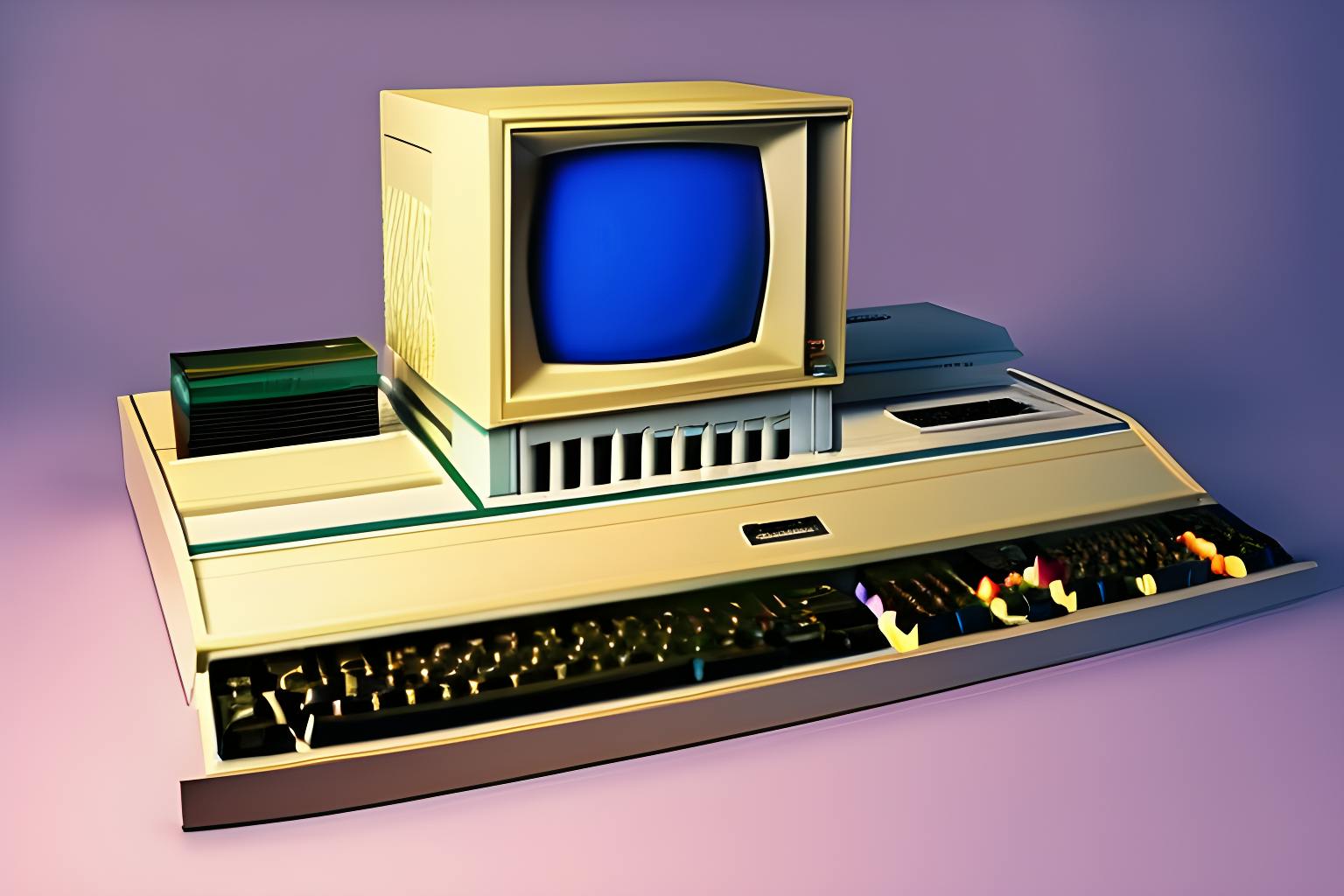United States Of America. v. Microsoft Corporation Court Filing by Thomas Penfield Jackson, November 5, 1999 is part of
5. Server-Based Computing Generally
27. As the bandwidth available to the average user increases, “portal” Web sites, which aggregate Web content and provide services such as search engines, E-mail, and travel reservation systems, could begin to host full lines of the server-based, personal-productivity applications that have begun to appear in small numbers on the Web. If so, increasing numbers of computer users equipped with Web browsers and IAP connections could begin to conduct a significant portion of their computing through these portals. To the extent they might do so, users probably would not regard the Mac OS’s limited stock of compatible applications as the major drawback to using an Apple PC system that it is today, and they might be increasingly drawn to network computer systems and information appliances. The variety and ease of use of server-based applications accessible through browsers would have to increase a great deal from today’s levels, however, before the total costs of dispensing with an Intel-compatible PC operating system would decline sufficiently to impose a significant constraint on the pricing of those systems. Again, that day is not imminent; for at least the next few years, the overwhelming majority of consumers accessing server-based applications will do so using an Intel-compatible PC system and a browser.
Continue reading here.
About HackerNoon Legal PDF Series: We bring you the most important technical and insightful public domain court case filings.
This court case Civil Action No. 98-1232 (TPJ) retrieved on 1-19-2023, from justice.gov is part of the public domain. The court-created documents are works of the federal government, and under copyright law, are automatically placed in the public domain and may be shared without legal restriction.

